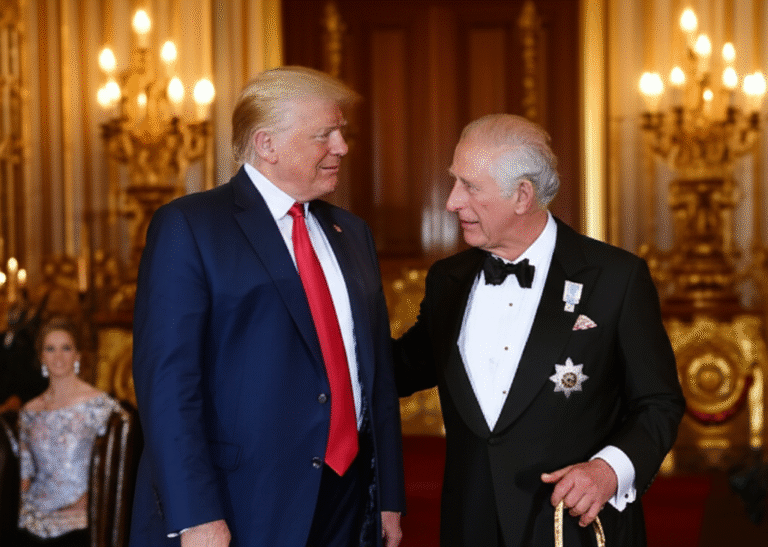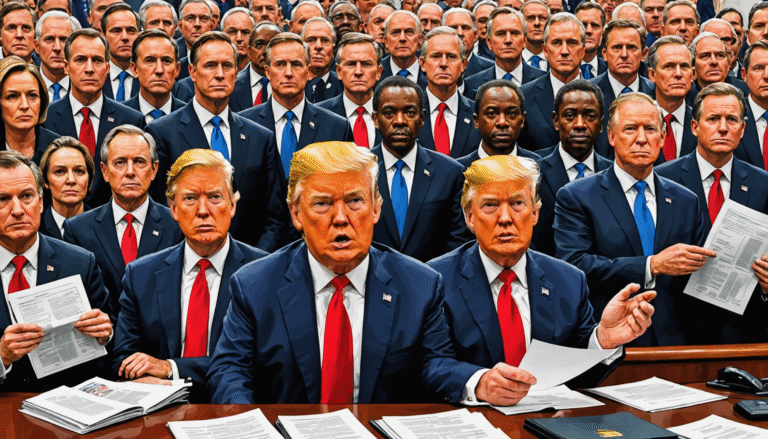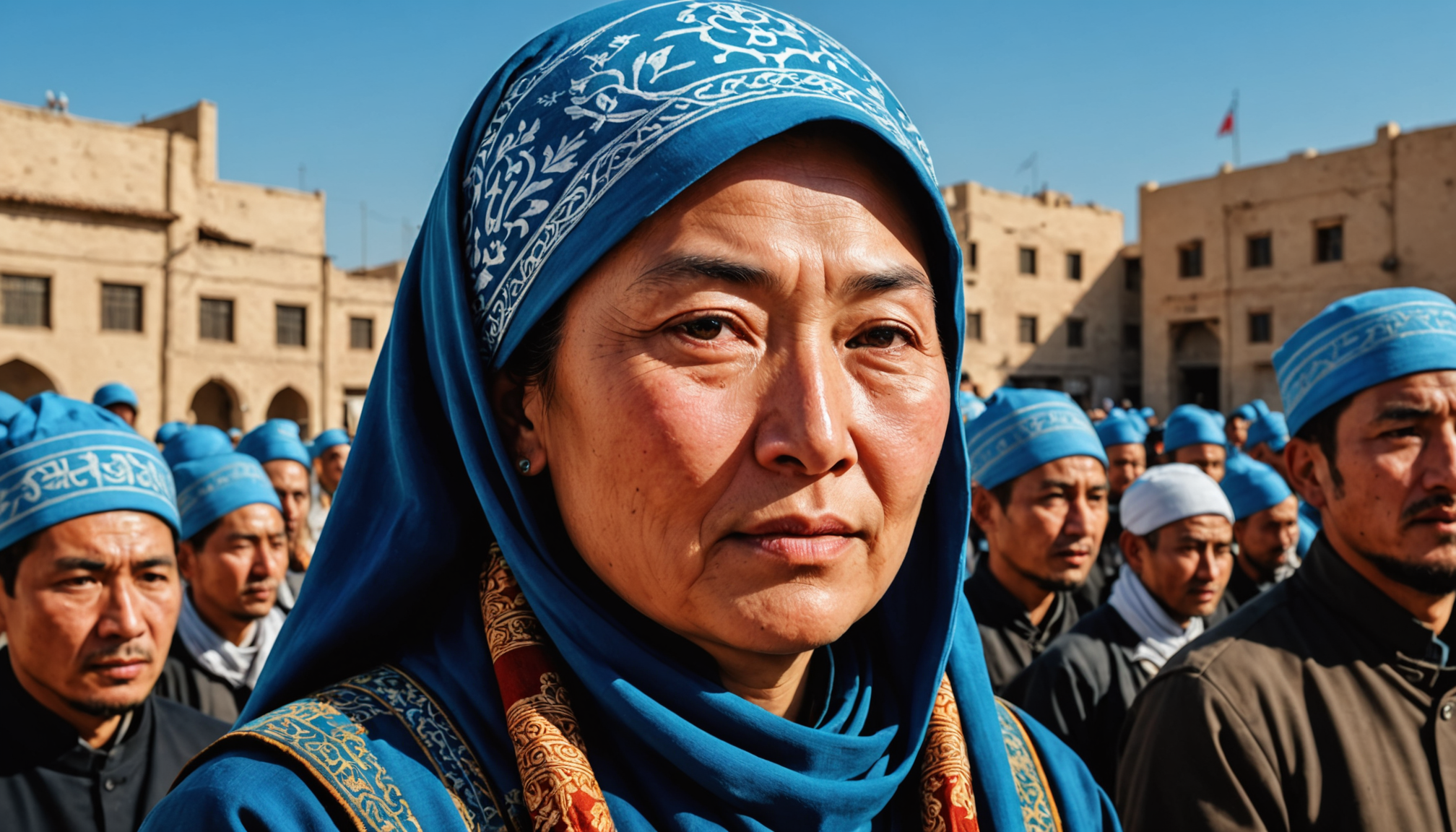
Uyghur American entrepreneur and human rights activist Kuzzat Altay has highlighted China’s use of financial power to silence Uyghur voices in Muslim-majority countries. Altay’s video message focuses on the ongoing persecution of Uyghur Muslims in Xinjiang and the complex relationship between China and these nations. The core issue, according to Altay, is the significant financial investment China has made in these countries, creating a climate where criticism of China’s actions in Xinjiang is muted. This situation underscores the significant challenge in balancing economic ties with ethical concerns regarding human rights violations.

China’s Financial Influence
Altay points out the extensive trade relations between China and nearly every Muslim nation. He acknowledges that a complete severance of these ties is unrealistic but stresses the immense financial leverage China wields. He states that “China spends hundreds of billions of dollars with Muslim nations, in investments, bribery, and so on, to purchase influence.” This financial influence, according to Altay, directly impacts the ability of these nations to openly address the plight of Uyghur Muslims.
The substantial financial investment enables China to pressure governments into silencing the Uyghur question. This pressure extends to manipulating the media to suppress coverage of the situation. Altay contends that this deliberate suppression of information means the majority of the Muslim world remains unaware of the events in Xinjiang, including the occupation of East Turkistan and the genocide being perpetrated there. Consequently, China’s economic outreach has faced little significant resistance.
Combating Censorship and Raising Awareness
To counter China’s influence, Altay advocates for a strategy emphasizing public awareness. He argues that the less the Muslim population knows about the Uyghur issue, the easier it is for China to conduct business. Increased public awareness, however, will shift public opinion, putting pressure on governments and raising the costs for China to operate in these countries. Altay emphasizes that a more informed public will demand accountability and better terms from their governments in dealings with China.
Altay’s proposed solution involves actively discussing and raising awareness of the Uyghur plight. He suggests utilizing various platforms: social media, schools, mosques, and communities. The goal is to leverage the power of public awareness to challenge China’s economic dominance. He believes that by fostering daily conversations about the Uyghur issue, governments will feel compelled to reconsider their ties with China. This, in turn, could result in increased demands for accountability and improved terms in their dealings with the Chinese government. This widespread discussion is crucial in creating the necessary leverage to pressure for change.
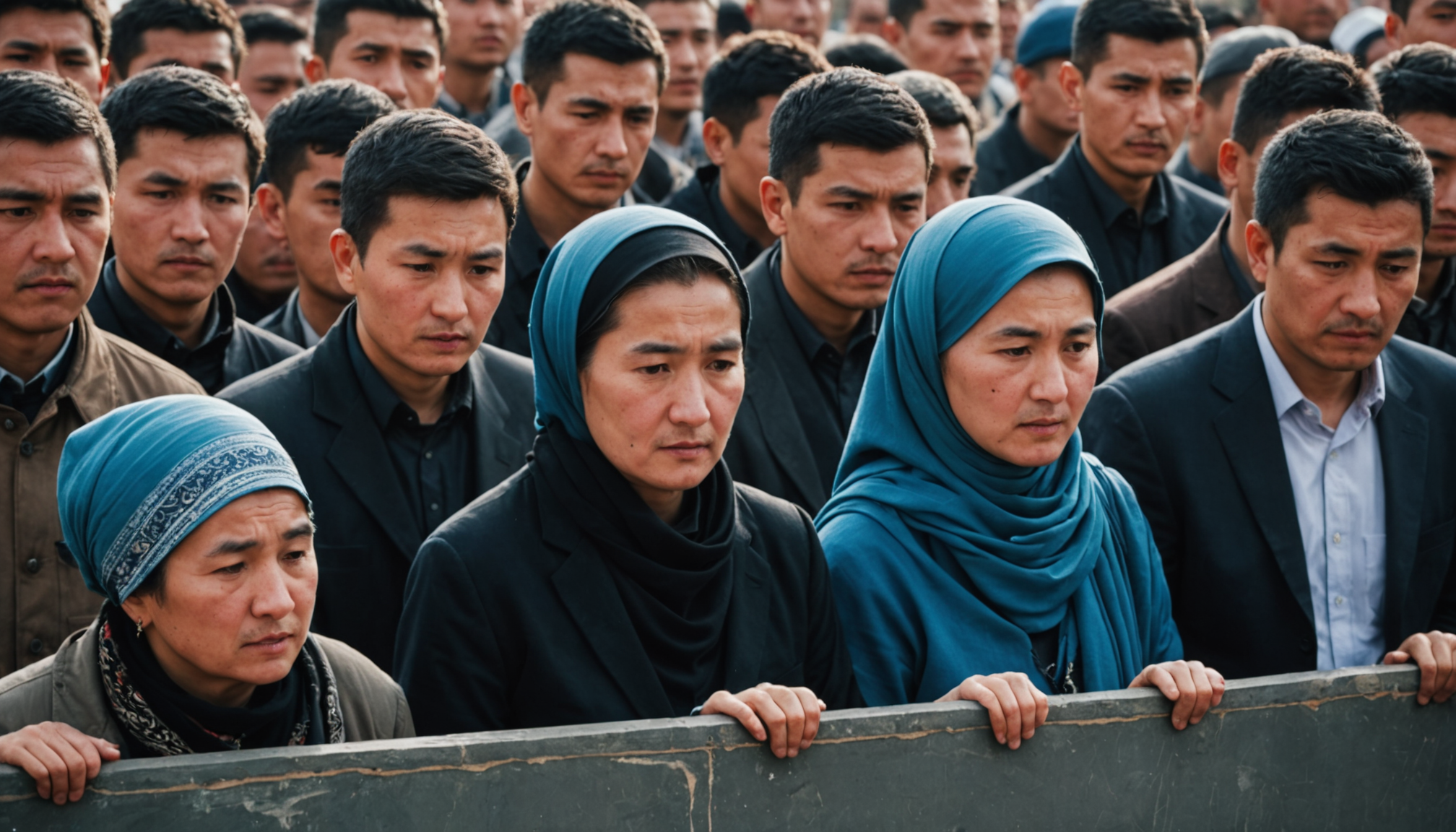
Key Facts About China’s Influence
- China maintains profound trade relations with nearly every Muslim nation.
- China uses hundreds of billions of dollars in investments and other means to influence Muslim nations.
- China pressures governments to silence the Uyghur question and manipulates media coverage.
- Lack of awareness among Muslim populations facilitates China’s economic activities.
- Increased public awareness can create leverage against China’s economic dominance.
Background
The situation highlights the complex interplay between economic interests and human rights concerns. Altay’s message underscores the significant challenge in balancing trade relations with the ethical imperative to address human rights abuses. The vast financial resources employed by China in Muslim-majority countries creates a significant obstacle to open criticism of its policies in Xinjiang. The lack of awareness among the broader Muslim population further allows China’s economic influence to operate largely unchecked.
What’s Next
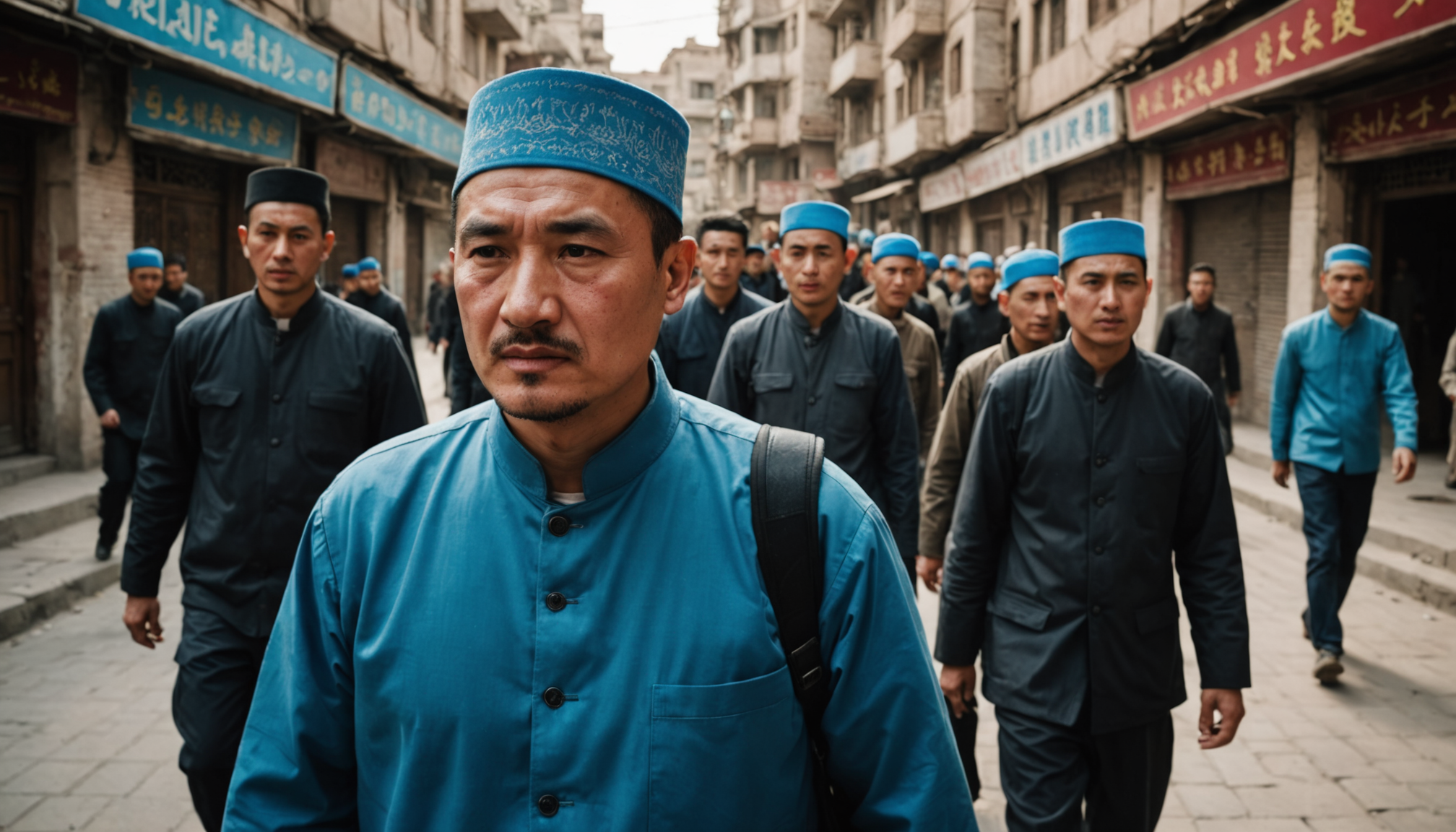
Altay’s call to action centers on raising awareness within Muslim communities globally. By fostering widespread discussion of the Uyghur plight, he believes there is potential to shift public opinion and apply pressure on governments to demand greater accountability from China. This approach aims to create a powerful counterbalance to China’s significant financial influence, ultimately aiming to protect the Uyghur people. The core strategy relies on the collective effort of Muslim communities to use public discourse as a tool for influence and change. Spreading the word, Altay emphasizes, is critical in rescuing the Uyghur people.
The effectiveness of this approach relies on the extent to which Muslim communities actively engage in raising awareness. The success will be dependent on the scale of the public discourse created, the resulting pressure on governments, and the willingness of those governments to challenge China’s actions. This highlights the crucial role of public awareness in influencing governmental policy towards human rights issues.
Altay’s message underscores the importance of global awareness in addressing human rights issues within the context of complex geopolitical and economic relationships. The situation reveals the challenges in balancing economic interests with the ethical imperative to protect human rights. [Source]




